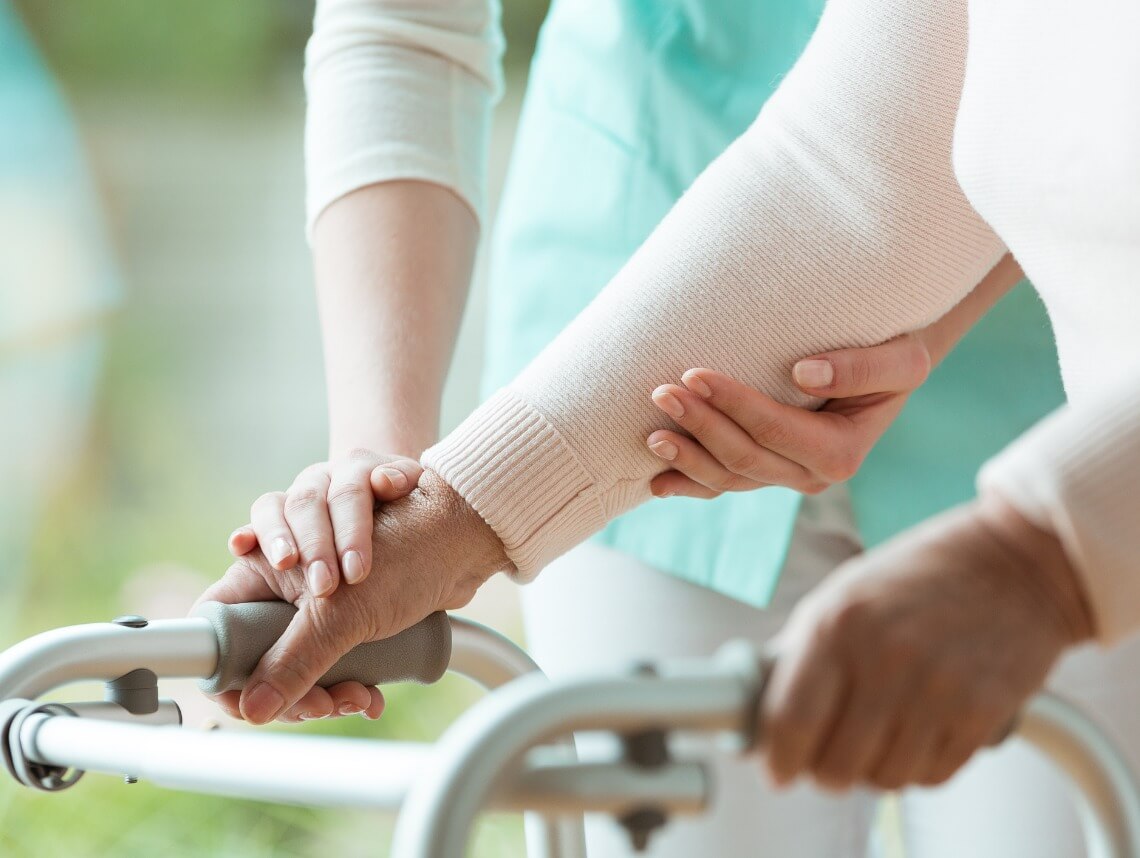
If you are a family caregiver for an elderly adult who has reached the third stage of Parkinson’s disease, it is likely that you have noticed a steady increase in the severity of their symptoms and the impact that these symptoms have had on their daily functioning.
Considered the mid-point of the progression of PD, the third stage still allows for a considerable amount of independence and autonomy but also features an increase in symptoms and challenges that require support to help maintain your parent’s physical health, but also their mental and emotional well-being.
3 Tips for Caring for Seniors in the Third Stage of Parkinson’s Disease
Use these tips to help you care for a senior in the third stage of Parkinson’s disease:
1. Modify Their Home
Make meaningful modifications to the home. The slowness of movement and gait issues that are common during this stage can make certain tasks more difficult. As the next stage is characterized by an increase in mobility problems and balance loss, now is the perfect time for you to consider changes to their home that can help them to stay safer.
If you have not already, install grab bars and supports throughout the home to help your aging loved one navigate more easily. Remove tripping hazards and objects that might get in the way of your parent’s walking as they move through the home, and ensure that commonly used items are accessible, such as replacing doorknobs with handles that are easier to manipulate even with a tremor.
2. Consider Revamping Their Wardrobe
A senior in this stage of PD is likely to struggle with difficulties dressing. While this does not mean that they will need you to help them get dressed yet, it might mean that they have a harder time with smaller details such as zippers and small buttons. Consider revamping their wardrobe to contain pieces that are easier to get on and off, such as pants with elastic waists and shirts they can put on over their heads.
3. Replace Their Utensils
Tremors and rigidity can make it more difficult for your parent to eat. Help them to continue to handle this task independently by replacing their conventional utensils with ones that are weighted. This additional heft will help them control themselves more easily. Also, replace conventional bowls and plates with those that have suction cups or no-slide bottoms. This holds the object firmly in place so that it is easier for your parent to gather the food on their utensils without pushing the plate or bowl around.
Contact Care Options for Kids for Home Health Care Services
Whether your aging loved one has only recently received their diagnosis of Parkinson’s disease or has been dealing with this condition for some time but are progressing further into their symptoms and challenges, starting homecare for them can be one of the best decisions that you can make. A homecare services provider can be with your elderly loved one on a customized schedule that ensures that they have access to the care, support, encouragement, and assistance that they need when they need it, but you can also remain at the forefront of their care routine.
A homecare provider can create a highly personalized set of services tailored not just to help your parent handle their challenges, limitations, and symptoms now, but also to prepare them for those that will develop in the future. By helping them prepare for the next stage, this homecare provider can help your loved one feel more confident moving forward, enabling them to focus on making the most of their later years.
This can be particularly meaningful in the early to moderate stages of the disease as your parent deals with the emotional impact of this disease. A homecare provider can give the companionship and support that encourages them to work through their emotions in a healthy way, gives their mental and emotional health a boost, and keeps them motivated.
If you or an aging loved one are considering home health care services, contact the caring staff at Care Options for Kids. Call today (888) 592-5855.
Sources
Parkinson’s Foundation Stages
Parkinson’s Foundation Statistics
